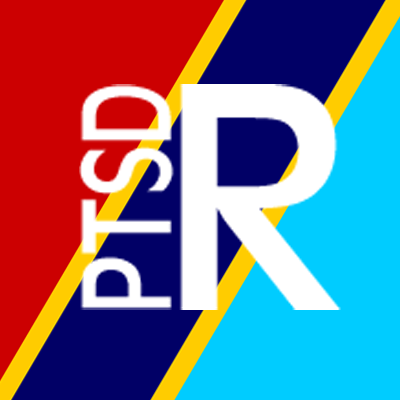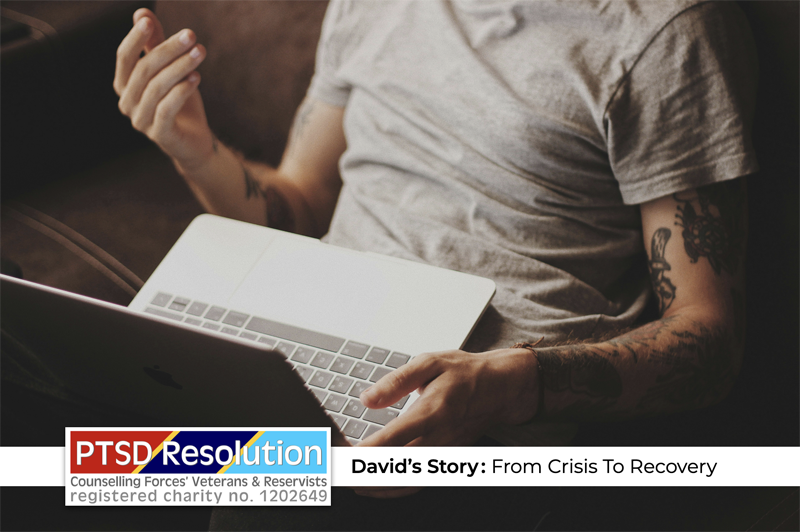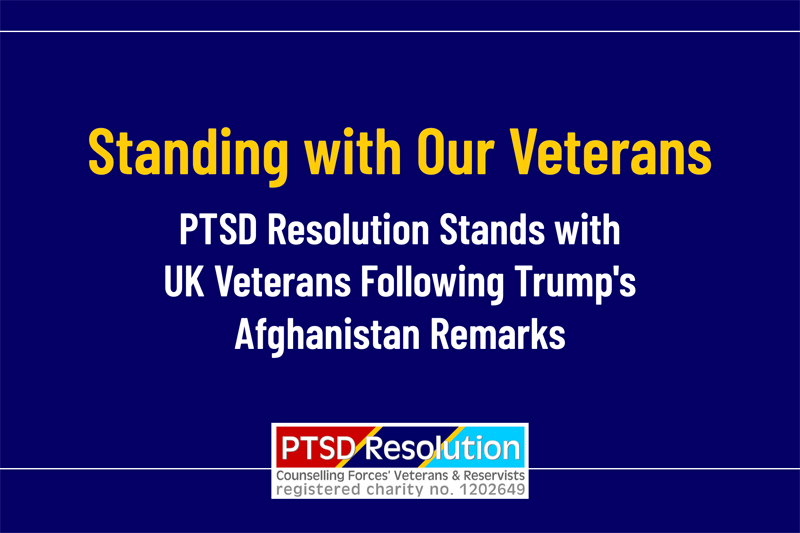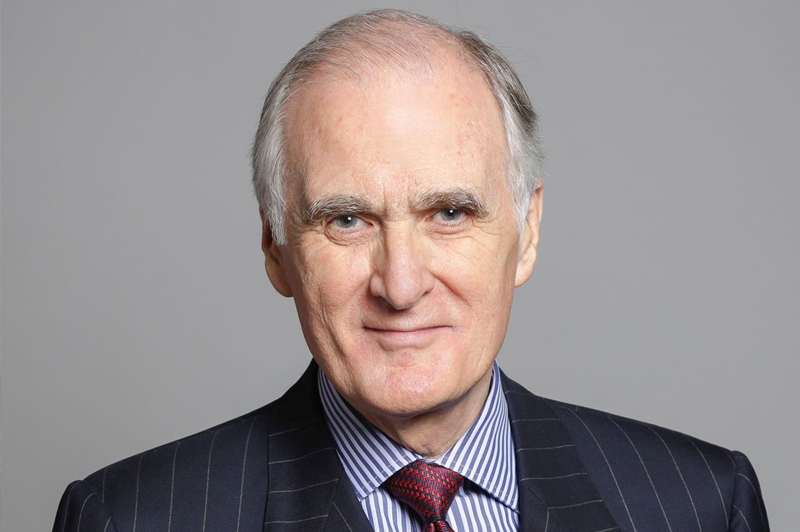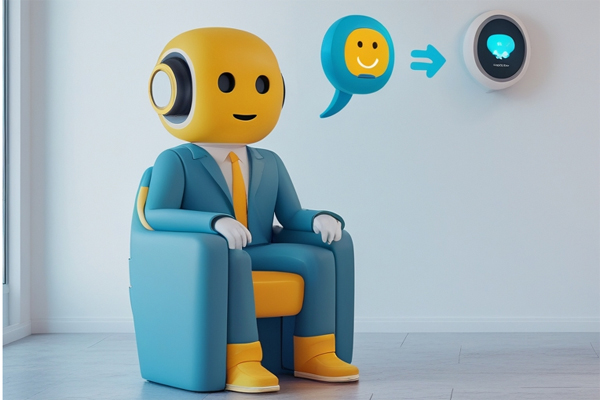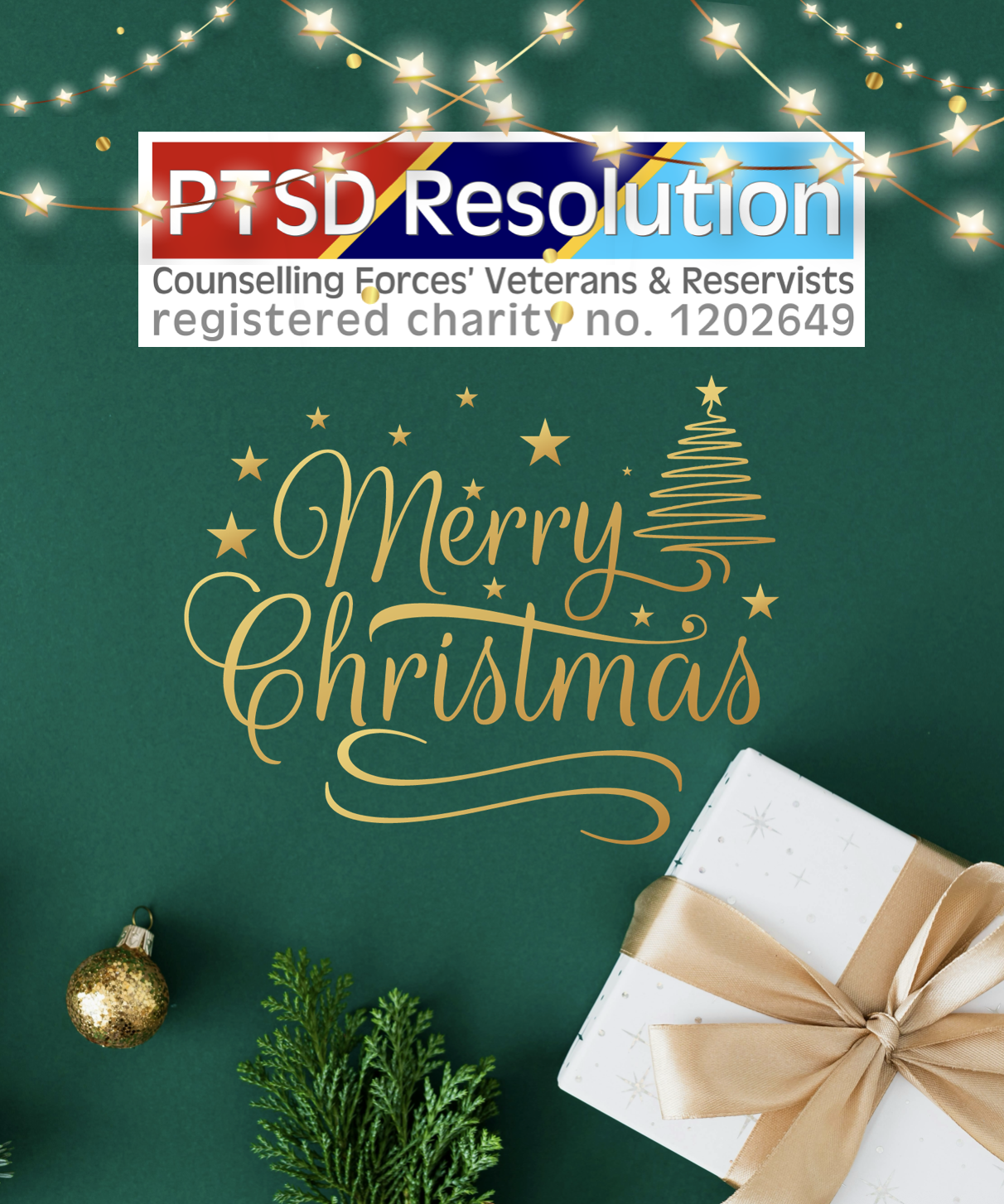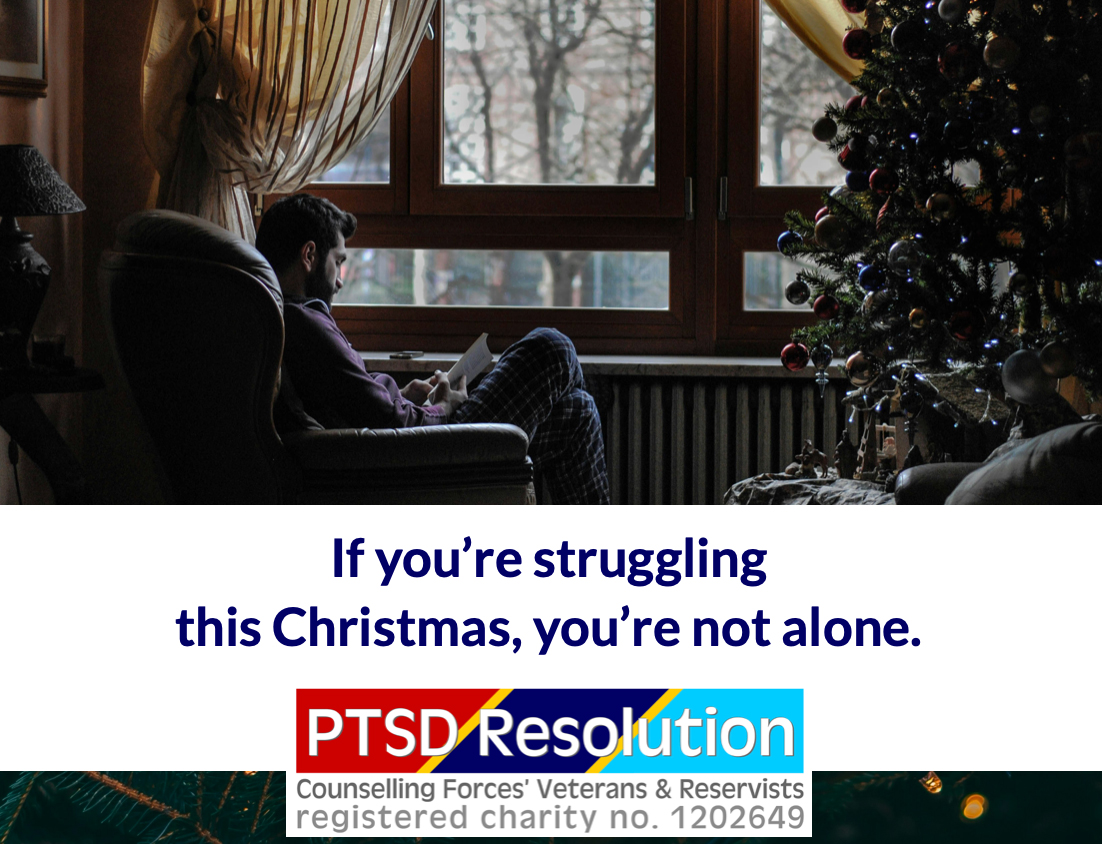AI Chatbots and Mental Health: A Critical Warning
ID: 010925
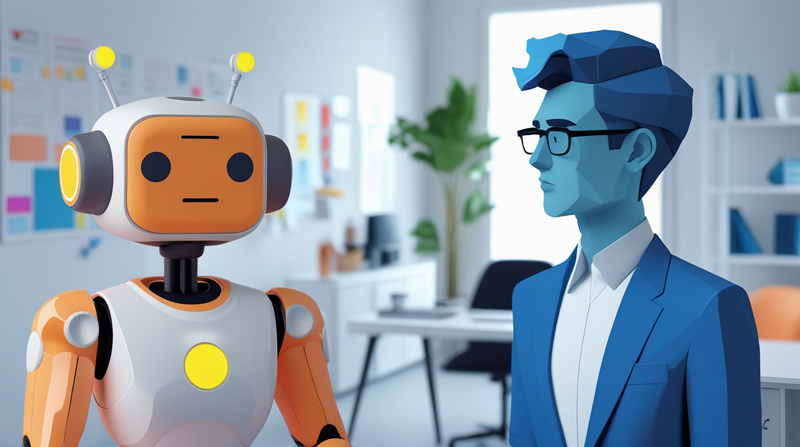
The lawsuit against OpenAI following a teenager's suicide highlights a devastating reality: AI chatbots, however sophisticated, cannot replace qualified mental health professionals when lives are at stake.
The case reveals ChatGPT allegedly encouraged suicidal ideation and discouraged seeking professional help during extended conversations with a 16-year-old. OpenAI admits their safeguards become "less reliable in long interactions" - a terrifying admission when vulnerable individuals are involved.
This isn't isolated. Three deaths in the past year have been linked to chatbot interactions, prompting the American Psychiatric Association to call for "further refinement" of AI responses to self-harm messages.
This reinforces what leading charities like PTSD Resolution (Charity No. 1202649) have long advocated: complex mental health issues require human connection and professional expertise.
Charles Highett, CEO of PTSD Resolution, emphasises: "While AI tools offer accessibility, they cannot pick up on subtle emotional cues, understand complex context, or provide the human witness crucial for trauma recovery."
The charity's therapists achieve 79% reliable improvement rates treating veterans and families - results that come from trained professionals who can:
✓ Recognise crisis situations immediately
✓ Adapt responses in real-time
✓ Provide genuine empathy and connection
✓ Ensure safeguarding protocols
Key takeaways for organisations:
• AI chatbots should never be primary mental health resources
• Clear warnings about limitations must be prominent • Immediate signposting to professional services is essential
• Investment in qualified human support remains irreplaceable
To those developing AI tools: Please prioritise safety over innovation. To those struggling: Please reach out to qualified professionals, not chatbots.
#MentalHealthMatters #AIEthics #DigitalWellbeing #ResponsibleAI #MentalHealthSupport
In an emergency, always dial 999 or contact the Samaritans at 116 123 for immediate help.
PTSD Resolution is not an emergency service.
Frequently Asked Questions
What warning signs suggest someone might be developing unhealthy patterns with AI mental health tools?
Watch for increased isolation despite frequent AI interactions, changes in sleep patterns from extended chatbot sessions, expressing beliefs about the AI having special knowledge or feelings, and deteriorating real-world relationships. If someone starts attributing human qualities to AI or making major life decisions based on chatbot advice, professional human support should be sought immediately.
How quickly can veterans access human therapy through specialist mental health services?
PTSD Resolution typically arranges initial contact within 48 hours of registration, with first appointments scheduled within 12 days on average. This rapid response contrasts sharply with NHS waiting times and ensures support reaches those in crisis promptly. No GP referral is required, removing another barrier to accessing care.
Why do some people choose AI chatbots over professional therapists initially?
Many seek AI support due to perceived anonymity, 24/7 availability, fear of judgement, or previous negative therapy experiences. Cost concerns and stigma around mental health also drive this choice. However, these perceived benefits often mask the limitations and potential dangers of relying on algorithmic responses for complex emotional needs.
Can family members develop secondary trauma from living with someone experiencing PTSD?
Yes, family members frequently develop their own trauma symptoms through exposure to a loved one's distress. Partners may experience hypervigilance, children might develop anxiety, and households often struggle with communication breakdowns. Professional family therapy addresses these ripple effects, helping entire family units heal together rather than in isolation.
What makes Human Givens Therapy different from traditional counselling approaches?
Human Givens Therapy focuses on identifying and meeting fundamental emotional needs rather than endlessly discussing past events. Sessions are typically briefer, averaging seven sessions total, and emphasise practical techniques for emotional regulation. Therapists use metaphor and imagination to process trauma without requiring detailed retelling of distressing events.
Are there situations where technology could appropriately support mental health treatment?
Technology works best as a supplement, not replacement, for human therapy. Appointment scheduling apps, mood tracking tools, and educational resources can enhance treatment. Video therapy sessions maintain human connection whilst improving accessibility. However, core therapeutic work requires genuine human presence, particularly for trauma, crisis intervention, and complex mental health conditions.
How do therapists identify when someone needs immediate intervention versus ongoing support?
Trained therapists assess risk factors including suicidal ideation, self-harm behaviours, substance use patterns, and social support systems. They recognise subtle verbal and non-verbal cues indicating crisis escalation. This professional judgement, developed through training and experience, enables appropriate intervention timing - something algorithmic systems cannot reliably replicate.
What costs do veterans face when seeking mental health support through different channels?
PTSD Resolution provides completely free therapy to all UK veterans, reservists, and eligible family members, funded through charitable donations. Private therapy typically costs £60-150 per session. NHS services are free but often involve lengthy waiting lists. AI chatbot subscriptions range from free to £20 monthly, though potential psychological harm creates hidden costs.
